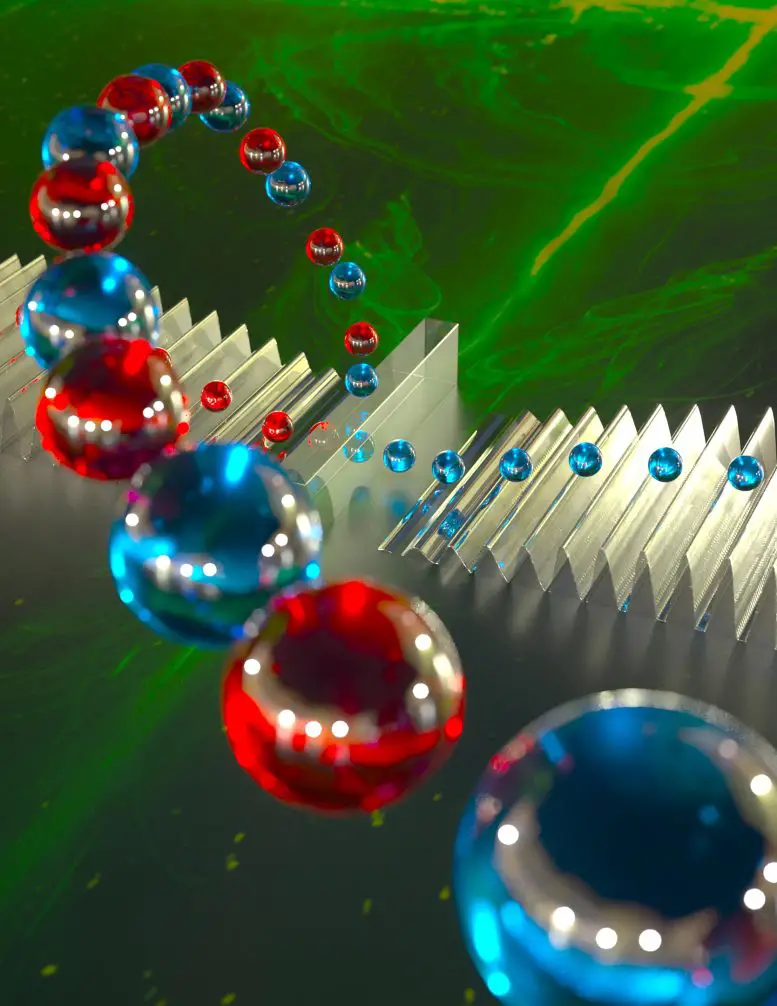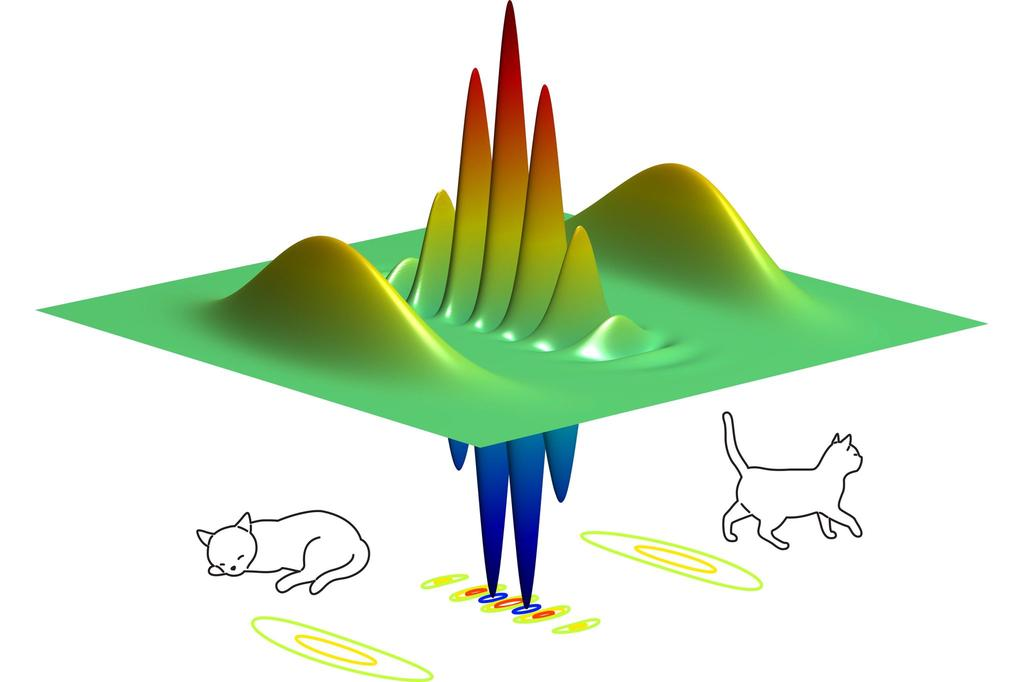In 2019 the Conversation magazine published an article that says "A quantum computing future is unlikely, due to random hardware errors". And that's it. The hardware random errors would destroy the quantum calculation and quantum communication. The thing is that quantum computers are under development and many highly trained persons are working with quantum computing.
The development process of quantum computers is faster than ever before, and the reason for that is that also quantum computers and AI are participating in this process. Today researchers are working to solve things like how to eliminate outside effects from quantum computers. And those things are been successful. But the fact is that the random hardware errors must be eliminated so that quantum computers can turn everyday tools.
"Artist’s impression of a platform for linear mechanical quantum computing (LMQC). The central transparent element is a phonon beam splitter. Blue and red marbles represent individual phonons, which are the collective mechanical motions of quadrillions of atoms. These mechanical motions can be visualized as surface acoustic waves coming into the beam splitter from opposite directions. The two-phonon interference at the beam splitter is central to LMQC. The output phonons emerging from the image are in a two-phonon state, with one “blue” phonon and one “red” phonon grouped together. Credit: Peter Allen" (ScitechDaily.com/Researchers “Split” Phonons in Step Toward New Type of Linear Mechanical Quantum Computer)
This could be a model for the hybrid quantum-classical computer. The system could jump between quantum and binary states.
The new ideas of splitting photons can revolutionize quantum computers and turn the "intelligent wires" possible. The intelligent wires are the series of atom-size quantum computers. Theoretically, those things can make any copper wire quantum computers. Splitting photons and other particles is a good way to make fully identical particle pairs. And those things are easy to superposition. The split photons can make a new type of mechanical quantum computer possible. And when quantum computers turn more common, more and more users can get access to those systems. And that causes its risks.
The fact is that the qubits are more sensitive to outside effects than binary systems. Things like error correlations require another quantum computer. In the classic model, the system uses two quantum computers. And if the gravitational waves or FRBs affect both of those systems. The error detection doesn't work. But there is the possibility that the system uses two waves for detecting errors. The system sends information twice through those systems. And if the answers are the same, the system can give the right answer.
A hybrid quantum-classical computer can solve the problem of how to drive the information in and out of the quantum system. That kind of system can switch between quantum and binary states.
That means real portable quantum computers are far away in the future. Or they might be closer than we expect. The thing is that there is a new type of system that can change between quantum and binary systems. The system drives information in those hybrid systems in the binary form. And then the system turns itself into a quantum state. That system can make it easier to drive data in and out of the quantum system.
Researchers are working hard to make better qubits. That thing makes it possible to create new and more powerful systems that can maintain the qubits longer time. And maybe tomorrow quantum computers will turn all other systems old-fashion. But there is a lot of work to make that kind of thing.
https://theconversation.com/a-quantum-computing-future-is-unlikely-due-to-random-hardware-errors-126503
https://scitechdaily.com/critical-schrodinger-cat-code-quantum-computing-breakthrough-for-better-qubits/
https://scitechdaily.com/random-hardware-errors-make-a-quantum-computing-future-unlikely/
https://scitechdaily.com/researchers-split-phonons-in-step-toward-new-type-of-linear-mechanical-quantum-computer/




No comments:
Post a Comment
Note: Only a member of this blog may post a comment.